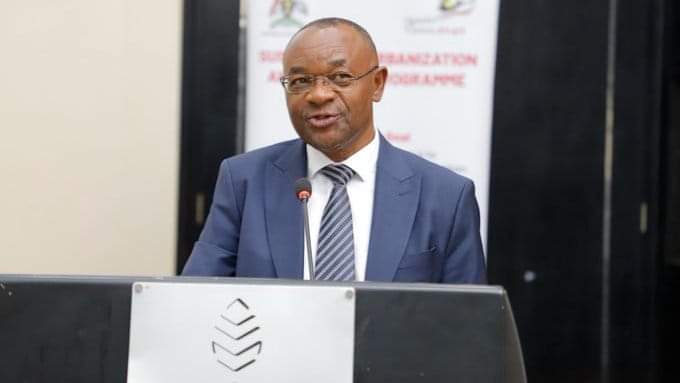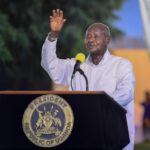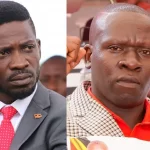Raphael Magyezi, Uganda’s Minister of Local Government, has sparked controversy with his decision to extend the term of Local Council One (LC1) leaders by 180 days. This move comes as the Ministry of Finance failed to allocate the necessary 50 billion Ugandan Shillings ($13.5 million USD) to the Electoral Commission for organizing elections, leaving the country on the brink of a leadership crisis.
In a candid interview at Parliament, Minister Magyezi emphasized the criticality of maintaining continuity in local governance to prevent potential chaos. “The alternative could have been very grave,” he asserted, pointing out the dangers of leaving communities without functional leadership structures even for a short period.
“The money needed is relatively small, and we have just begun the financial year, but unfortunately, the funds are not available,” Minister Magyezi lamented.
Despite assurances from the Ministry of Finance that the funds are not immediately forthcoming, Magyezi justified his decision as a measure to safeguard stability and ensure the uninterrupted delivery of essential services at the grassroots level.
Critics, however, argue that such extensions undermine democratic processes and accountability, emphasizing the importance of timely elections in upholding constitutional norms. Civil society groups have expressed concern over the precedent set by delaying electoral processes due to financial constraints, urging the government to prioritize budget allocations for electoral activities.
As the debate unfolds, stakeholders are closely watching how the government navigates the delicate balance between financial prudence and upholding democratic principles in local governance. The fate of Uganda’s grassroots leadership hangs in the balance, awaiting a resolution that ensures both stability and adherence to constitutional obligations.







